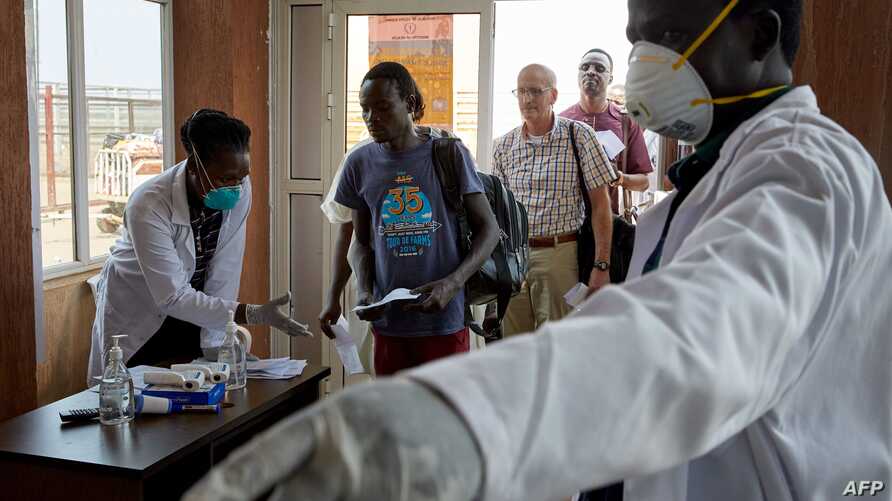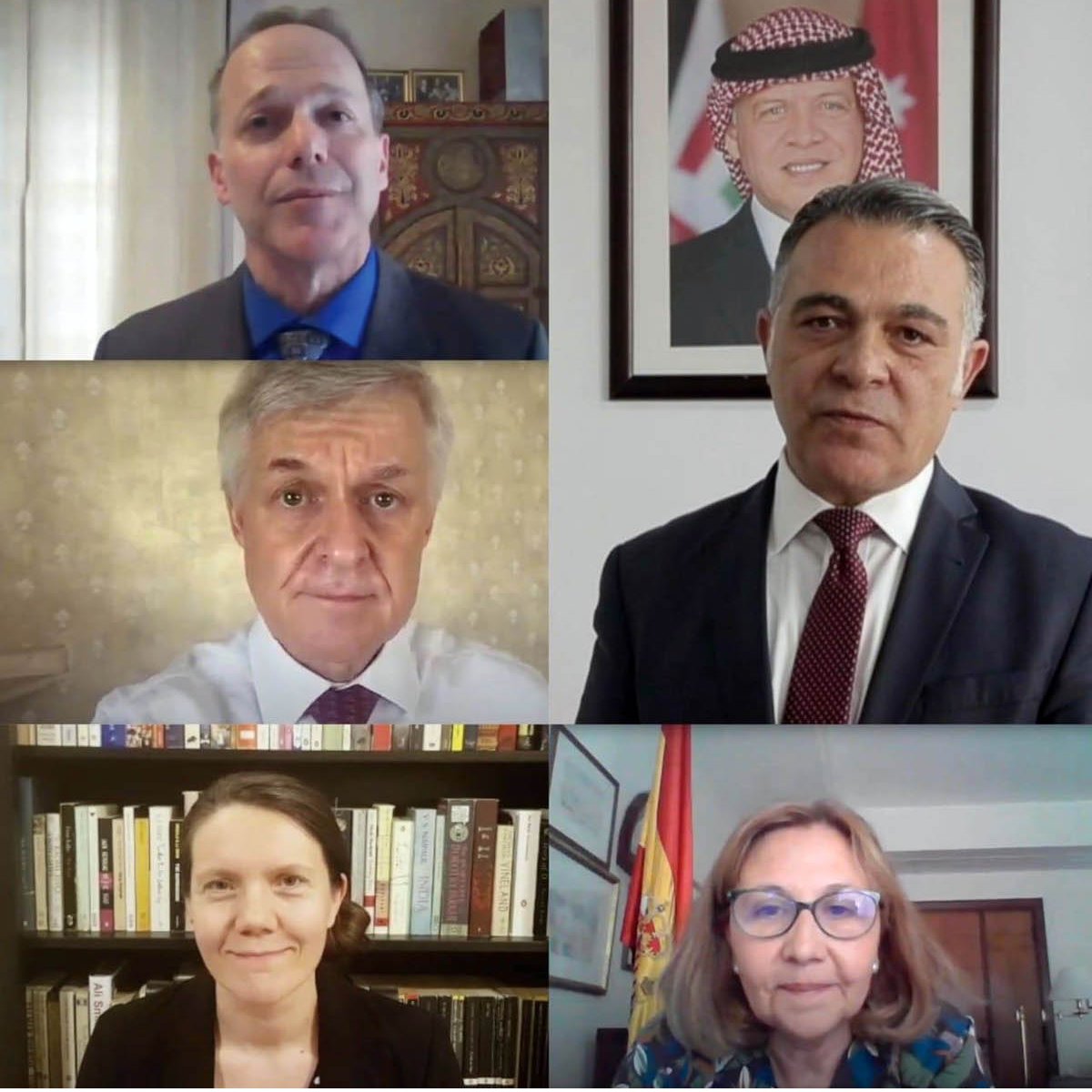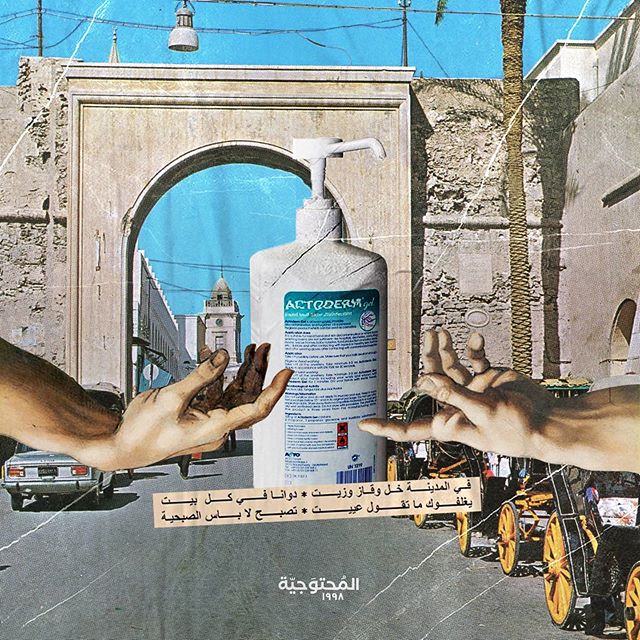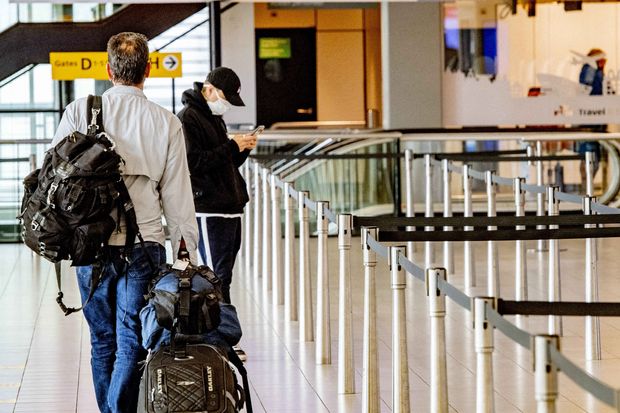News about large scale prisoner-releases have made headlines during the COVID-19 pandemic. These acts of compassion have not led to an increase in crime, instead they have highlighted the problem of mass incarceration that existed long before the global health crisis.
Only 580,000 detainees have been authorized for release worldwide, according to Human Rights Watch. The figure represents only 5% of the world’s prisoners. Many release-orders have not been fully carried out, and releases are often temporary while governments continue to sentence more people to prison. Olivia Rope, of Penal Reform International (PRI) said in an online video-conference on the topic, “the global prison world was already in crisis before the pandemic hit us.”
The pre-crisis crisis
Between 2002 and 2018 the world’s prison population grew from 8 million to more than 11 million worldwide. The latest statistics represent the highest number ever, despite a global trend towards lower crime rates. The growth appears to be due to heavier sentences and a “tough on crime” approach that experts from a variety of NGOs say do not actually reduce crime.
Prisons are facing heavy overcrowding in over 124 countries. In 22 countries, prisons are holding more than twice the number they are designed and funded for. Even before the threat of COVID-19, incarcerated people were twice as likely to die compared to those living on the outside.
One of the worst parts of the mass incarceration-crisis appears to be that over a quarter of the 11 million incarcerated people have not even been convicted of a crime, instead they are awaiting their court date in prison, exposing them to the risk of COVID-19 infections and a host of other issues.
Out of the global prison population, half are serving sentences for non-violent offenses, over half a million are imprisoned for small-scale drug possession, and two million people are imprisoned because of the “war on drugs.”
COVID-19 in prisons
Government data indicates that 62,000 people in prisons are infected with COVID-19 worldwide, with over 1,000 deaths. But, according to PRI, this number represents only the “tip of the ice-berg,” as government’s are reluctant to share data and COVID-19 testing is extremely limited in prisons.
For many incarcerated people around the world, the COVID-19 crisis is life-threatening even without the risk of infection. The barring of family visits is often the first measure taken, while in many countries prisoners rely on these visits to receive basic necessities, including even food.
Because of the extremely overcrowded facilities both the incarcerated population and prison staff are at risk of infection. Social distancing and other WHO recommendations are impossible to uphold in prisons and drug-detention facilities that are cramped and often don’t even have access to clean drinking water, let alone soap or masks.
Easing the problem
The solution to the problem is obvious, easy to implement and would help reduce crime while saving costs for governments. Organizations like PRI, the Transnational Institute, and the International Drug Policy Consortium offer clear paths to “decarceration.”
The flow of people sentenced to prison could be stemmed by reducing ineffectively high sentences for drug-offenses, poverty-driven petty crime, and non-violent offenses. For already incarcerated people, release-mechanisms could accelerate the pace of release for those people that are older, non-violent and those who have received punitive sentences for drug-related crimes.
According to experts, locking people up does not deter crime, and putting 3 million people in prison before they have been proven guilty means unnecessarily risking the health and well-being of incarcerated people and their families.
The threat of COVID-19 has revealed that millions of people worldwide are unnecessarily having their freedom taken away, halting their ability to contribute to society and their communities. In order to protect prison staff, incarcerated people and society as a whole, mass incarceration is doing more harm than good, while the offered solution means lower costs for governments and less crime.





